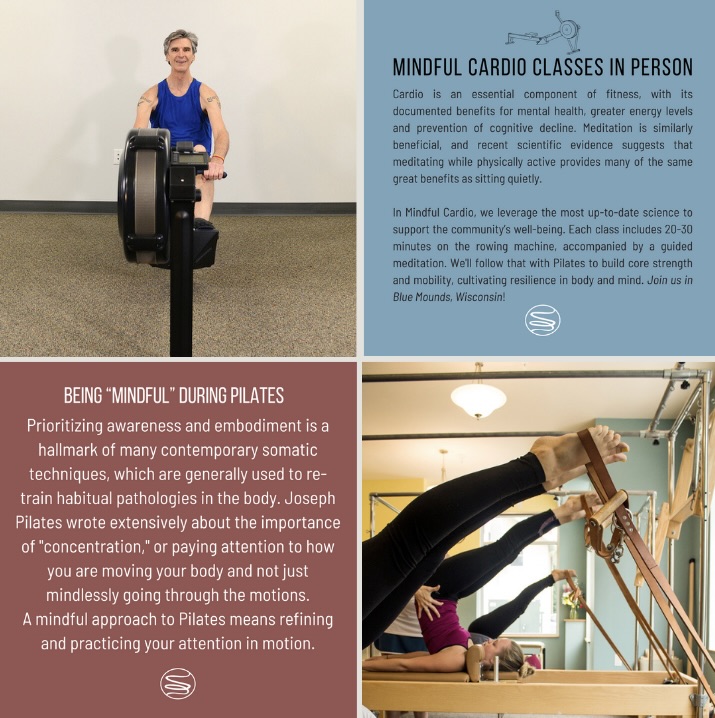Email, the Time Sink
Most of my youth was spent training for something – for the Big 10 championship track meet, age-group state championships, the conference meet, etc. As the years passed by, these preparations became more targeted and well thought out. Partly this maturation arose from applying innovations in the field of exercise science, though mainly the maturation arose from my appreciation of preparation’s many benefits.
This preparation template has served me well throughout life. While I am no longer a competitive athlete, I still enjoy setting goals and working to attain those goals. For example, I’m not carrying great gifts for distance running, though methodically training for a trail marathon was very satisfying. I also found this athletic-training preparation template workable in other arenas in my life.
Two years ago, I applied this athletically-derived preparation template to writing and defending my Master’s thesis. It was challenging to wedge in writing amidst my day-to-day responsibilities, though my preparation template enabled me to navigate this busy time without inordinate hardship for me or my loved ones. As I contemplate the next-steps for finishing up my doctoral work, I’m leaning heavily upon my preparation template.
What is my preparation template? Certainly my template contains elements borrowed from sport & exercise science such as periodization, attention to rest/recovery and nutritious eating. My middle-aged guy template also includes a significant focus on scheduling, and blocking out protected time to focus on scholarship.
 |
| Within each day, I set aside specific time to answer email and avoid checking email unless I intend to answer three or more |
The past few days, I’ve been working on my Spring semester schedule. There are several significant balls in the air, among them my responsibilities with the Center for Healthy Minds and continuing our development of The Art and Science of Human Flourishing class. In addition to my day job tasks, I am passionate about my work with Mindful Cardio and building Pilates on Harrison. And there’s also my family – I don’t want to become the apparition who lurks behind a closed office door!
To prevent work from expanding to fill all available time, I borrowed a technique from the author/computer-scientist Cal Newport that I’ve found particularly helpful. As Newport explained in his book, Deep Work, email and other tasks can inhale a significant amount of time and energy each day. To prevent these sorts of tasks from intruding upon my overall work output, each day I earmark specific times to answer emails with these rules:
· Check email only in the allotted timeslot (I insert email-checking timeslots into each day’s calendar)
· Answer emails in the order they arrived
· Do not check email unless I intend to answer 3+ emails
These simple rules help me stay more or less caught up on email, without the time spent on email expanding to fill the interstices that naturally arise in any given day.
In future postings, I’ll talk more about leveraging the mental recovery that naturally arises within the interstitial gaps between tasks, and how they’re analogous to athletic/training recovery.
May your holiday season be restful and inspiring!



Comments